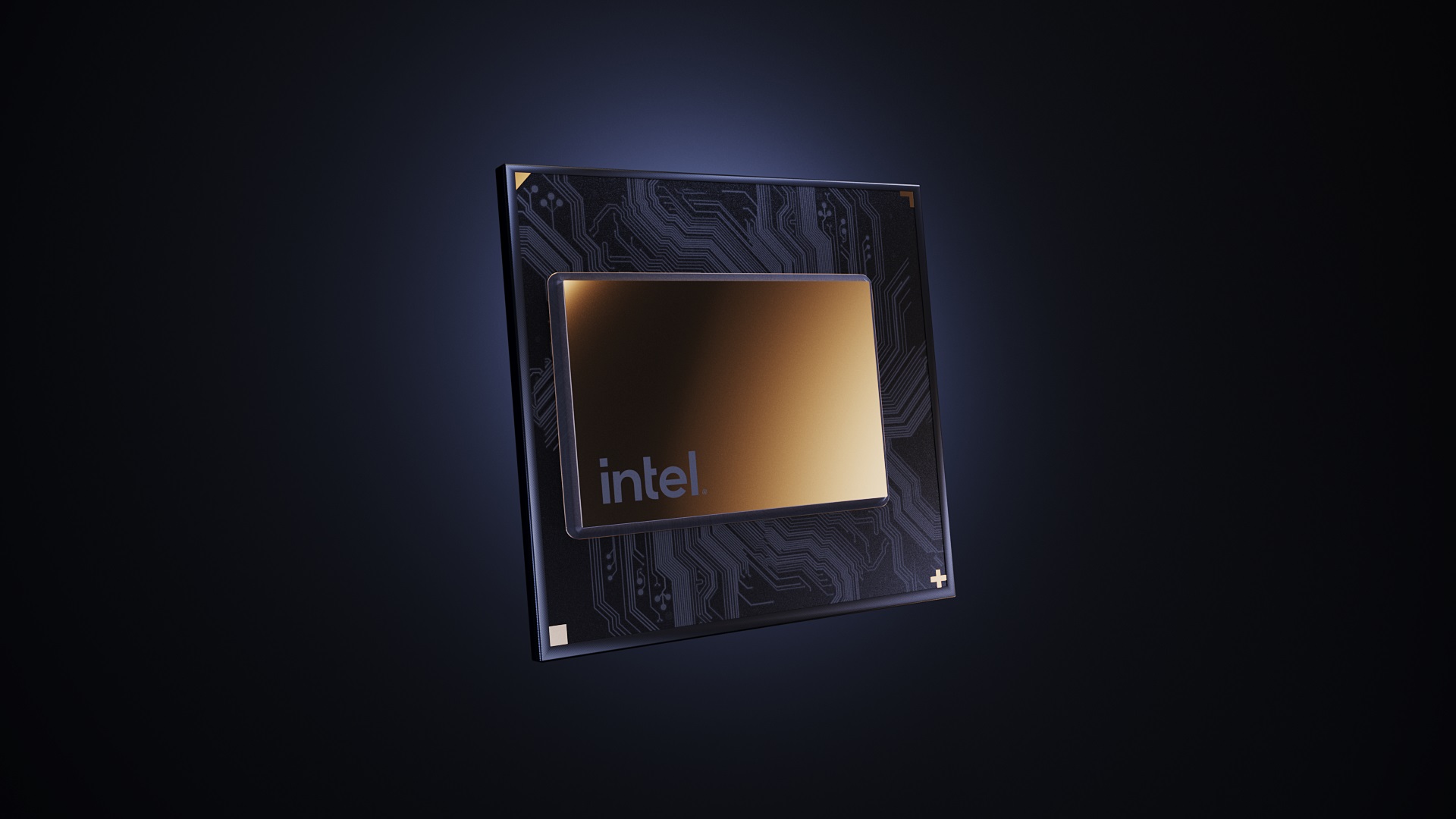Intel's New Blockchain Accelerator Chip Focused on Energy Efficiency

Intel joined the blockchain game earlier this month, launching a new chip designed for applications like mining Bitcoin and minting non-fungible tokens (NFTs). The chip is set to ship later this year and Intel already has a number of customers lined up.
Perhaps the most prominent customer is Block Inc (formerly Square Inc), led by Twitter's Jack Dorsey. The name change represents Dorsey's pivot beyond financial services into the broader realm of blockchain. Argo Blockchain and GRIID Infrastructure are also among Intel's first customers and share the company's sustainability goals, according to a blog post announcing the new chip.
"Today, we at Intel are declaring our intent to contribute to the development of blockchain technologies, with a roadmap of energy-efficient accelerators," wrote Raja M. Koduri, senior vice president, general manager of Intel's Accelerated Computing Systems and Graphics Group.
The company plans to promote an open and secure blockchain ecosystem while being mindful of sustainability and scalability. Koduri wrote Intel is working to develop energy-efficient blockchain technologies at scale and said it's accelerator is designed to speed up blockchain tasks requiring huge amounts of computing power and energy consumption. The architecture is implemented on a tiny piece of silicon, causing minimal impact on the power supply of other products.
"Intel Labs has dedicated decades of research into reliable cryptography, hashing techniques and ultra-low voltage circuits," wrote Koduri. "We expect that our circuit innovations will deliver a blockchain accelerator that has over 1000x better performance per watt than mainstream GPUs for SHA-256 based mining."
Intel has also formed a new Custom Compute Group to support the new technology, which is part of its Accelerated Computing Systems and Graphics business unit. The new team will focus on building custom silicon platforms optimized for its customers' workloads, including blockchain as well as other custom accelerated supercomputing. Intel plans to leverage technologies from its zetta-scale computing initiative moving forward, with the goal of delivering energy-efficient solutions.
Edited by Luke Bellos

